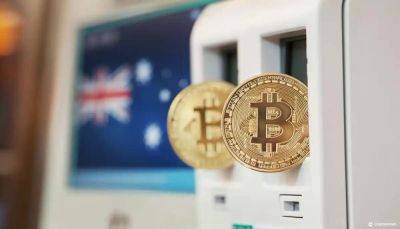A 'soft landing' is still on the table, economists say
Recession fears led to a sharp stock-market selloff in recent days, with the S&P 500 index posting a 3% loss Monday, its worst in almost two years.
Weaker-than-expected job data on Friday fueled concerns that the U.S. economy is on shaky footing, and that the Federal Reserve may have erred in its goal of achieving a so-called «soft landing.»
A soft landing would mean the Fed charted a path with its interest-rate policy that tamed inflation without triggering an economic downturn.
Federal data on Friday showed a sharp jump in the U.S. unemployment rate. Investors worried this signaled a «hard landing» was becoming more likely.
However, the odds of a recession starting within the next year are still relatively low, economists said.
In other words, a soft landing is still in the cards, they said.
«I think far and away the most likely scenario is a soft landing: The economy avoids an economic downturn,» said Mark Zandi, chief economist at Moody's.
Likewise, Jay Bryson, chief economist at Wells Fargo Economics, said a soft landing remains his «base case» forecast.
But recession worries aren't totally unfounded due to some signs of economic weakness, he said.
«I think the fears are real,» he said. «I wouldn't discount them.»
Avoiding recession would also require the Fed to soon start cutting interest rates, Zandi and Bryson said.
If borrowing costs remain high, it increases the danger of a recession, they said.
The «big shock» on Friday — and a root cause of the ensuing stock-market rout — came from the monthly jobs report issued by the Bureau of Labor Statistics, Bryson said.
The unemployment rate rose to 4.3% in July, up from 4.1% in June and 3.5% a year earlier, it showed.
A 4.3% national jobless rate is low by historical
Read more on cnbc.com


















